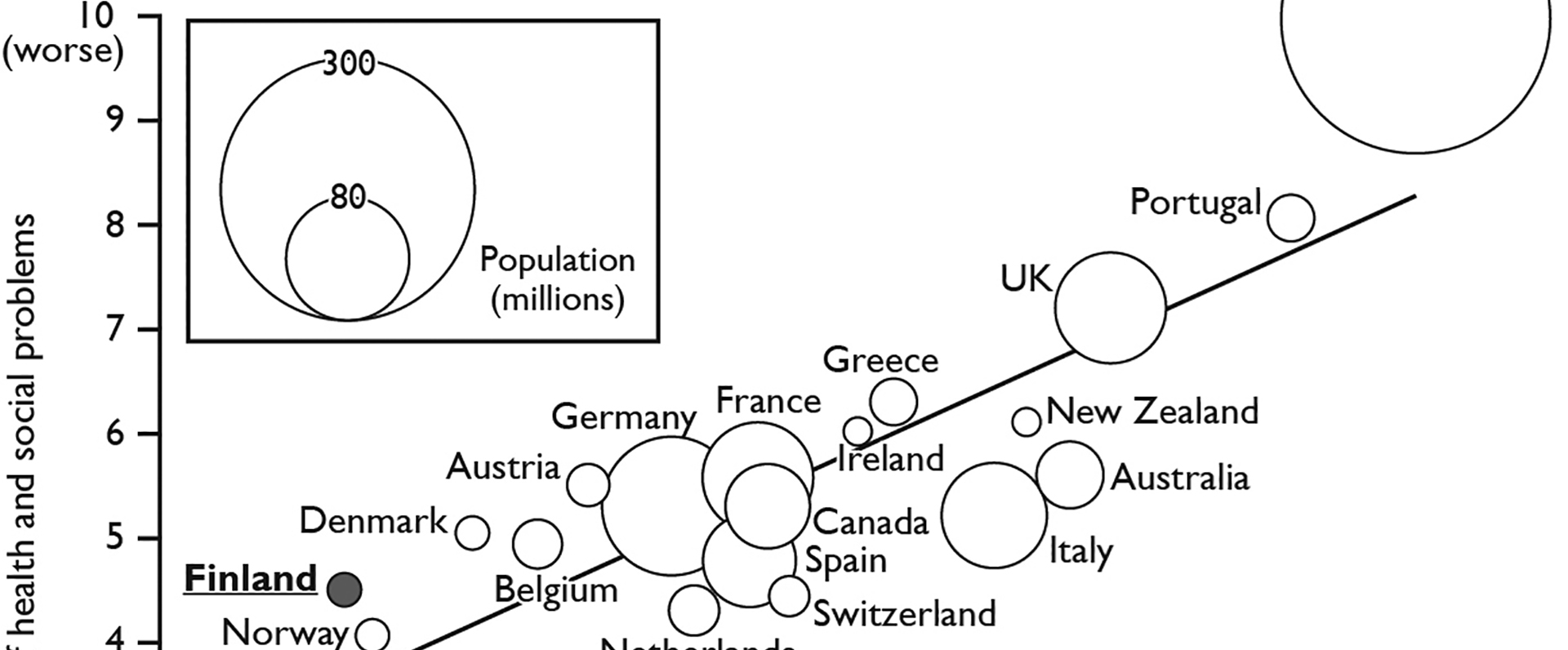What might a progressive economy look like?

A progressive economy might seem like a pipe dream, but is it achievable?
The future is another place a long way away. Look forward one hundred years; what do you see? We will hopefully be better housed, schooled, and employed, but how?
How might we control the rich, live better alongside each other in Europe, elect our politicians, police ourselves, deal with terrorists, with unemployment, and with our current obsession with the market?
Look back a century and you see the year of the worst flu pandemic the world has ever known, back to a world at war. Now imagine looking forward from then to the present day, to 2018. In the turmoil of 1918, it would have been hard to envisage the magnitude of the social progress that would manifest over the coming hundred years.
In a similar way, our current levels of inequality actually harm the imagination. Otherwise we, in Britain, would more easily see what we need to do. We are currently the most economically unequal country in Europe. That will very likely end soon.
Once we imagine what could be, then it becomes easier to know what we should be dreaming of and aspiring to. The future will be very different, even though we find it far easier to keep on imagining more of the same.
In a progressive economy, house prices would reflect how much it costs to build a home, including the costs of the material that each home is built from, but not the hyper-inflated land value. The costs of renting will relate to the cost to the landlord of maintaining the fabric of a home and the landlord’s actual time and effort, and not to the power imbalance that comes with sharp inequalities of wealth. Rents would be regulated, hidden charges banned.
In a progressive economy, school funding would be at least raised to normal Western European levels, and state schools would not be privatized (‘academized’) and turned into businesses with scant oversight of their financial behaviour.
If you think none of this is possible please remember that the beating of children was only outlawed in UK state schools after someone like me left school, in 1986, and in private schools only a dozen or so years later! Teachers used to beat children!
So, given all that, we should be asking ourselves the following question: what is happening now that we might regard as abhorrent in future? This constant asking, demanding and then winning, is what it means to be progressive.
A progressive economic outlook alters how we view key issues such as immigration and ageing. Our current obsession with immigration is partly driven by a fear that there is not enough work to go around. However, work in the near future will be very different. Our obsession with ageing is due to a fear that the old will be a burden on the young; but our economy in the future will be so very different to today. The majority of the largest firms in the UK in 1918 were no longer in existence by 2018, and the few that did survive were no longer at all large.
Today the largest UK firms are involved in oil, banking, supermarkets, mobile phones, chemicals, pharmaceuticals and making weapons Almost all of these did not exist a hundred years earlier (or were tiny then), and many will be much diminished in size in much less than a hundred years’ time. Not only will work change, but what work needs to be done will fundamentally alter, as it has been doing for some time.
With respect to health, our current health crises are temporary aberrations. Across Europe there is a continuum from Finland and Norway, where life expectancy continues to increase at a rate of one additional year in every three or four, down to countries like the UK, where improvements in life expectancy have now stalled, largely thanks to inadequate public spending on vital care and other cuts – such that austerity has been linked to 120,000 excess deaths. In a progressive economy, we will shudder when we remember what we accepted today.
The extreme inequality, the continuous crisis, and the awful austerity that we experience today will soon be history.
When change truly happens it at first strikes seasoned commentators as frankly impossible – a pipe-dream; then undesirable and full of negative consequences; then ‘just about possible’ once the clamour for change becomes overwhelming.
Finally change happens and the memories of the commentators change with it. They will say that they believed in the change as desirable all along; they somehow saw it coming and so, too, were on the right side of history.
Next, we all forget that just a few years ago they had so vehemently opposed the change, had justified the status quo, were so very scornful, and ultimately wrong. That matters little. It is just history.
What matters is ensuring that we are now at the peak and starting on our way down. It’s a long way down.
read more and PDF here
Or listen to three short talks given in London on the same day as the Progressive Economy Forum was launched: